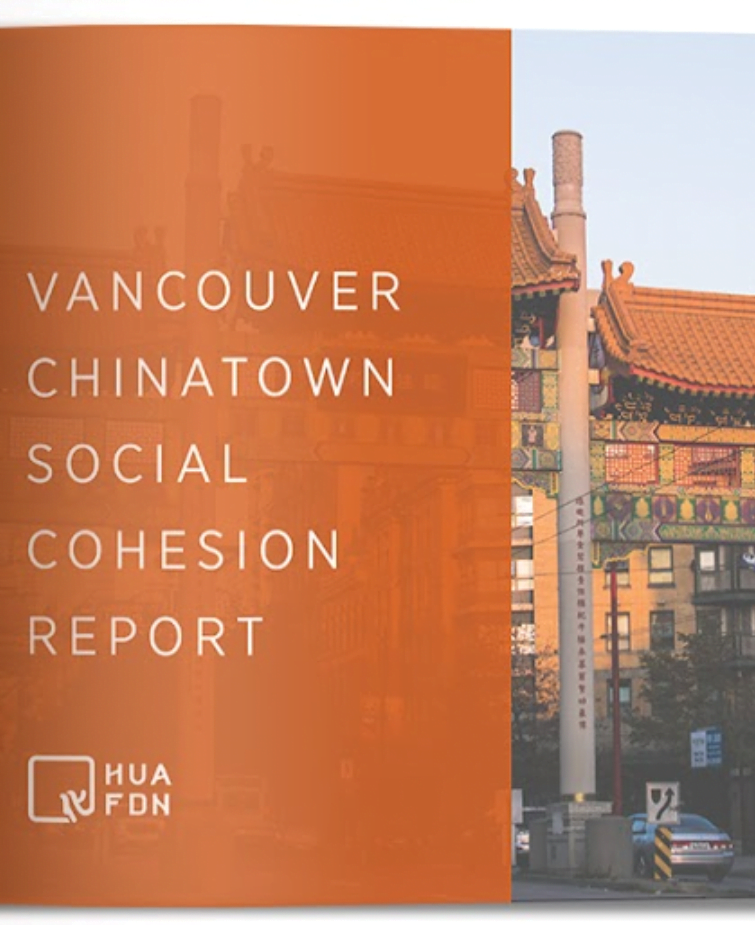6 search results
for
Government of Canada
Addressing parallel systems
Recommendation 5: Establish cultural knowledge/skills sharing hub that works off of UNESCO’s Intangible Cultural Heritage (2003) Article 14(a), where each State Party shall endeavour, by all appropriate means, to ensure recognition of, respect for, and enhancement of the intangible cultural heritage in society, in particular through:- educational, awareness-raising and information programmes, aimed at the general public, in particular young people;
- specific educational and training programmes within the communities and groups concerned;
- capacity-building activities for the safeguarding of the intangible cultural heritage, in particular management and scientific research; and
- non-formal means of transmitting knowledge.
-
Category and theme:
Audience:
Groups affected:
City & regulatory body support
Recommendation 9: Implement policies to reduce speculation & dampen property value inflation or other measures to improve tenureship of lease.-
Category and theme:
Audience:
Groups affected:
Policy recommendations
Refinement and refresh of existing policies
Recommendation 18: Systemic neighbourhood environmental issuesTo address safety concerns expressed by interviewees, there are several larger structural solutions such as increasing the number of safe and affordable housing units, access to health-focused treatment, and equitable employment opportunities. One short-term measure could be to install lighting on streets and in alleyways to help people feel safe during evenings and at night.
In the interim, reducing criminalization and stigmatization of community members would alleviate further social divides. Instead, we recommend an approach that allows them to thrive that takes an inclusive approach to housing, employment, social security, and access (services, food, other), which would require cooperative action by all levels of government and stakeholders.
Ultimately, a systems change approach would need to be applied to adequately address the root causes of these issues. As noted in the Resilient Vancouver Phase One Engagement Report (2018), many of these issues are interrelated and solutions need to involve multiple city departments, all levels of government, and other stakeholders.
-
Category and theme:
Audience:
Groups affected:
REFINEMENT AND REFRESH OF EXISTING POLICIES
Chinatown Economic Revitalization Plan and Chinatown Neighbourhood Plan
Recommendation 20: “Tenant retention strategy.” As with the experience of the BIA, the “lack of succession planning makes retention challenging.” Due to the contributions that traditional businesses make to the neighbourhood character, through intangible values with the social and cultural connections they hold, we recommend that a working group be formed to come up with options that the City, other levels of government, as well as other stakeholders can implement to assist with succession planning of these businesses. Namely, to explore how traditional businesses can succeed in becoming community- and membership- owned entities. Applying cooperative values can serve the community/membership as well as democratizing ownership and economics of the business.REFINEMENT AND REFRESH OF EXISTING POLICIES
Systemic neighbourhood environmental issues
Recommendation 25: In the interim, reducing criminalization and stigmatization of community members would alleviate further social divides. Instead, we recommend an approach that allows them to thrive that takes an inclusive approach to housing, employment, social security, and access (services, food, other), which would require cooperative action by all levels of government and stakeholders.-
Category and theme:
Audience:
Groups affected:
REFINEMENT AND REFRESH OF EXISTING POLICIES
Systemic neighbourhood environmental issues
Recommendation 26: Ultimately, a systems change approach would need to be applied to adequately address the root causes of these issues. As noted in the Resilient Vancouver Phase One Engagement report (2018), many of these issues are interrelated and solutions need to involve multiple city departments, all levels of government, and other stakeholders.-
Category and theme:
Audience:
Groups affected:
